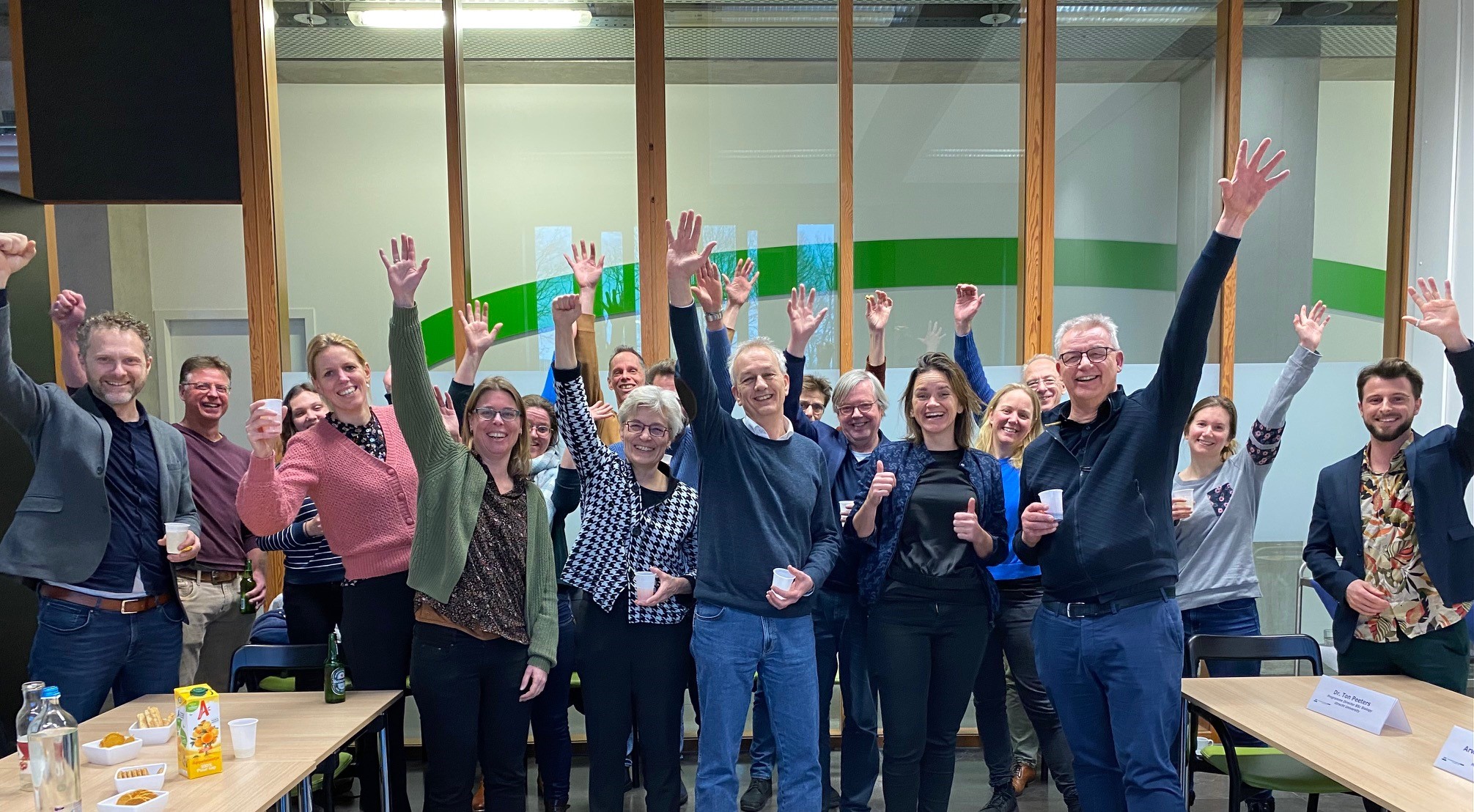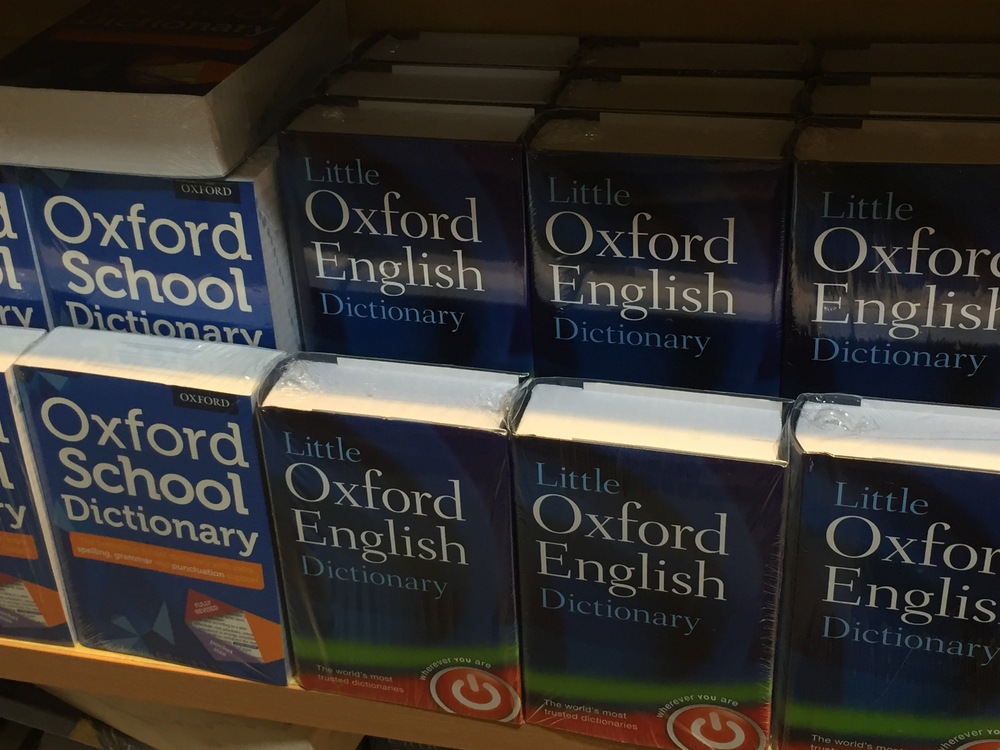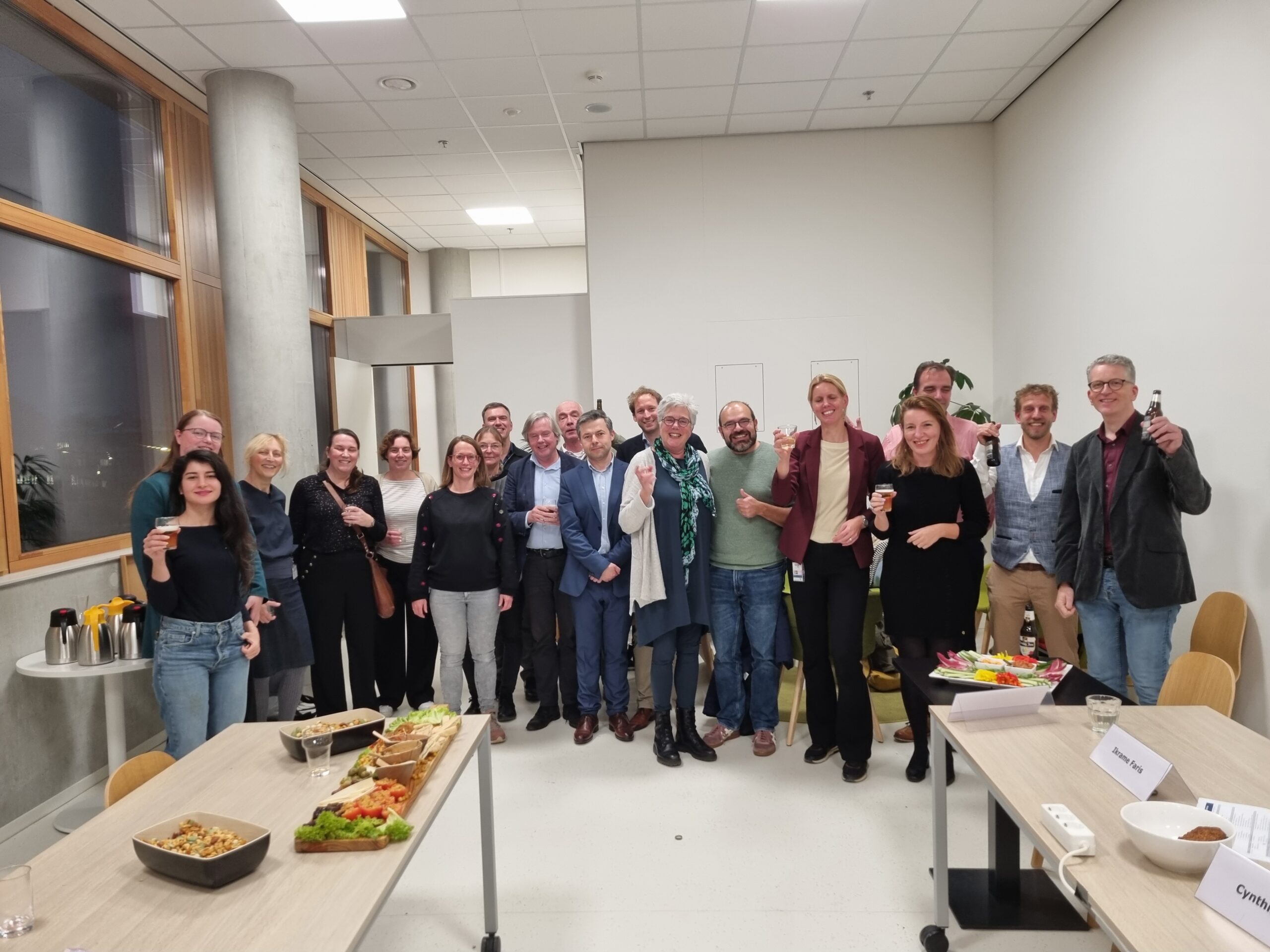Marine Sciences is the first bachelor in the Netherlands to focus specifically on the marine sciences in a broad sense. WUR already offers a master’s programme in Aquaculture and Marine Resource Management.
The new track focuses on relevant developments and challenges in the marine sector. Programme director Jan Philipsen describes the BSc as follows: ‘Consider the rapidly increasing production of renewable energy at sea, with conservation of biodiversity and while also seizing opportunities to advance the protein transition and climate adaptation.’ Because Marine Sciences address international issues, the programme targets both Dutch and international students. They are offered a comprehensive understanding of all the facets of the marine system: an ecological system, an environmental system, a food system and a socioeconomic system.
The programme approved by the Commission Efficiency in Higher Education (Dutch acronym CDHO, Philipsen says. ‘The CDHO investigates whether there is room within the Dutch education portfolio and the employment market.’ The second major milestone towards approval took place on Tuesday, 31 January, when the NVAO (the Dutch-Flemish Accreditation Organisation, ed.) visited and assessed the scientific and didactic quality of the new programme. Marine Sciences was rated “positive”. ‘Actually, more than positive’, according to Philipsen. ‘The panel called it an exemplary, innovative programme with an exceptionally committed staff. This positive evaluation means that the programme will definitely kick off in September.
Popular already
Policy officer Jetske ten Caat is one of the drivers behind the new programme, along with Philipsen. There is much interest among scholars, she has noticed. ‘During the open day in October, our stand for Marine Sciences was very popular. High schoolers are interested in the marine domain. We are excited to see how many students will enrol. There are currently one-hundred-and-eighty high schoolers on the list wanting to be kept informed. This number does not translate into enrolments but is an indication.’
Philipsen: ‘When we designed the programme. We always said that starting with a group of fifty students would be great. That is an excellent number for a new programme: you don’t want to have too large a group at first. The keen interest now makes us excited to see if it may be more.’ Larger numbers of enrolments are being taken into account for the long term.
Committed
The two drivers behind the programme can now look back upon the NVA visitation. Philipsen: ‘Over one hundred people from WUR were involved in designing this programme. Teachers, professors, colleagues from the Education Support Center and from the student recruitment department as well as everyone working on Marine Sciences. All are enthusiastic. You could really sense on that day that something great had been created.’
‘An accreditation trajectory includes representatives from the field’, Ten Caat clarifies. ‘From consultants and researchers to entrepreneurs. The challenges at sea are many, and there is a real need for students with a broad education in this field. I was struck by the fact that all of the representatives from the field of employment wanted to remain involved in the programme because they feel this track is needed. This illustrates that Marine Sciences will soon deliver graduates with added value for society.’
Philipsen will soon be replaced by Karen Fortuin. ‘My work is done. She can elevate the programme to a new level.’

 [foto]
Celebrations after the NVAO review at the end of January. Photo Marine Sciences
[foto]
Celebrations after the NVAO review at the end of January. Photo Marine Sciences


